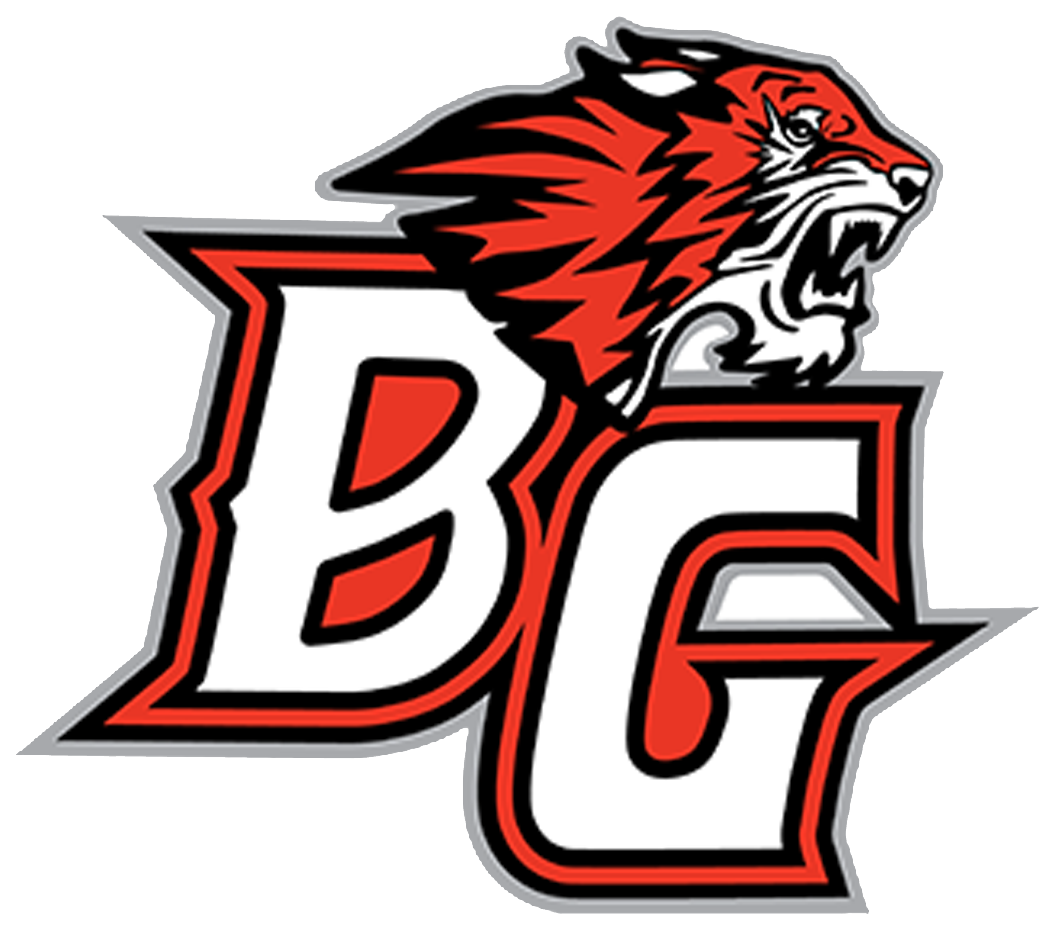Teaching high school students how to recognize and manage their emotions is nothing new. But now, based on input from parents/guardians, students and teachers, the district is considering the adoption of a new curriculum for high school students. If the curriculum is approved by the board, funding would come from a grant the district received in 2023 to improve support for mental and behavioral health. It would be used starting in the 2025-26 school year and eventually affect all high school students in the district.
While high schools in the district have provided social and emotional lessons for students, the materials have lacked consistency or cohesion, often leaving it up to individual teachers to seek out lesson plans and materials. The new materials would also help to build on social-emotional learning materials adopted at the primary and middle school levels in 2023.
“The hope is that we can provide materials and lessons that make this work for teachers even easier,” said Amanda McCann, a counselor at CAM Academy. “Social-emotional learning can also help us build upon our schoolwide practices to establish and maintain positive behavior and academic engagement.”
"It's giving teachers those resources and tools that they need," said Erick Suksdorf, assistant director for Project AWARE. "You can jump into these curricula, type in something like 'decision making' or 'group skills,' and there are 20 different activities you can do with your class."
“I am hoping that the new curriculum can give our schools a good foundation of how to teach high schoolers,” one of McCann’s students said. “Having a curriculum that can be relied on could help any student, even if it's just a single student, feel better about themselves.”
Better classroom outcomes
In a recent survey of Battle Ground Public Schools middle and high school students, just 58% felt either positively or neutrally on the topic of whether other students behave respectfully. More than 40% felt things could improve. Nearly 6 in 10 said they feel that they work well in a group or team, with 18% disagreeing.
“It really comes down to basics,” said Caresse Blankenship, intervention coordinator at Battle Ground High School. “How to ask for help, how to appropriately express frustration, how to deal with unexpected circumstances, how to work in a team, how to use good organizational strategies, how to notice when you need a break. We cannot assume all students have these essential skills equally.”
Research has shown that lessons on recognizing and managing emotions can lead to better academic performance in other areas, as well as reducing behavioral incidents.
Itzel Contreras Montiel, a junior at Prairie High School and one of two student board representatives for the district, said she's hopeful the new curricula will help students who may be struggling. What she's noticed most about the two options they piloted is how flexible they are.
"The activities are fun and useful, and really fit into what the students like to do," she said. "I hope it fixes that issue of how mental health is perceived and helps students get ready for the outside world and their future after high school."
Karen Redington, a special education teacher at Battle Ground High School participating in the pilot project said she’s been interested to see how students responded to the lessons.
“I hope they gain confidence, learn better ways to handle stress and practice how to build stronger connections with each other,” she said. “I want them to feel like their emotions matter and that they’re supported not just academically, but as whole people.”
“Part of preparing students to enter their communities as adults when they are finished with high school is giving them the tools and resources they can use to engage as stewards in their local and national communities,” Blankenship added. “In order to have a whole child approach, we have to address those social-emotional needs.”
Next steps
Over the past year, the district has reviewed different curricula and narrowed the options to a single finalist that will be presented to the school board for a first reading on Monday, July 28. Prior to board review, there is an opportunity for parents, guardians, staff, students and community members to provide their input.
How to participate
Everyone is welcome, even if they do not currently have a child enrolled in a Battle Ground school.
Virtual review night: Tuesday, June 10, starting at 6 p.m. via Zoom (meeting information). Due to copyright restrictions, this meeting will not be recorded.
In-person review night: Thursday, June 12, from 5 p.m. to 7 p.m. at CASEE A (11104 N.E. 149th St., Brush Prairie, WA 98606). Drop in anytime, no RSVP required.
By appointment: June 2-June 22. To make an appointment, please email projectaware@battlegroundps.org or call Assistant Director of Project AWARE Erick Suksdorf at 360-885-5440.
View limited samples online: online samples are limited due to copyright restrictions. To view the curriculum in its entirety, please attend one of the review nights or request an in-person appointment.
After you have reviewed the curriculum, we invite you to provide your feedback.


